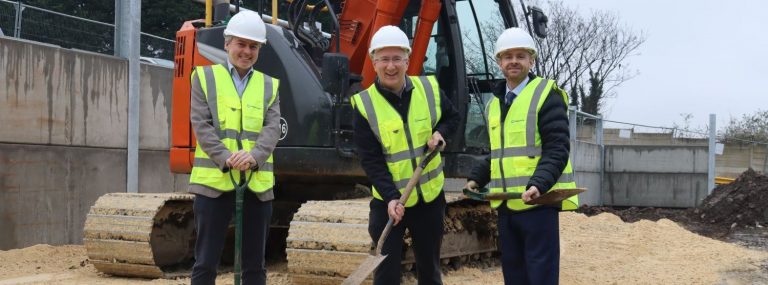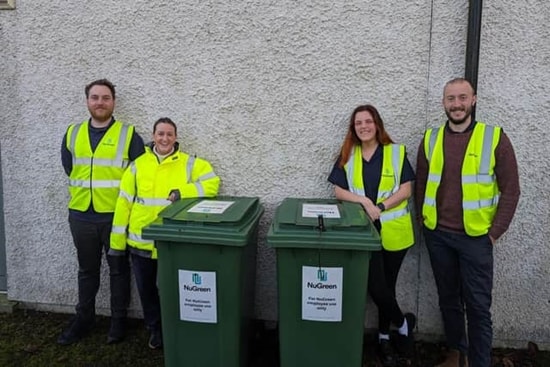Lincoln-based Almond Finance has made three appointments on the back of its growth of more than 50% over the last there years.
Two additional Paraplanners and a Mortgage Protection Consultant have joined the team as part of a recruitment drive for the business.
Joshua Davis, 22, joins the business as a Paraplanner, having graduated with a first-class degree in Banking & Finance from the University of Lincoln.
Ryan Sharpe, 35, also joins Almond Financial as a Level 4 Qualified Paraplanner having previously had a career as a research scientist with a PhD in Chemistry. Ryan joins the firm as he looks to redirect his career in financial services.
Joe Fleet-Chapman has joined as Mortgage Protection Consultant. With previous experience in Mortgages and Protection, Joe, 27, specialises in securing property finance.
Sam Robinson, Principal Financial Advisor, said: “It’s great to welcome new talent and fresh, relevant knowledge to the team with our Paraplanners, Joshua and Ryan. We’re also pleased to welcome our new Mortgage Protection Consultant, Joe, coming from his already experienced background in mortgages.
“We’re excited to be working with a growing number of clients nationwide every day. As a company, we look to make financial help accessible to everyone, which is why we’ve made this a priority as we’ve grown through acquiring business outside our previous scope and employing as needed.
“With around 50% of advisors expected to retire over the next 5 years, Almond Financial is well-positioned with a young but experienced team to acquire new business following the transition of market assets.”












